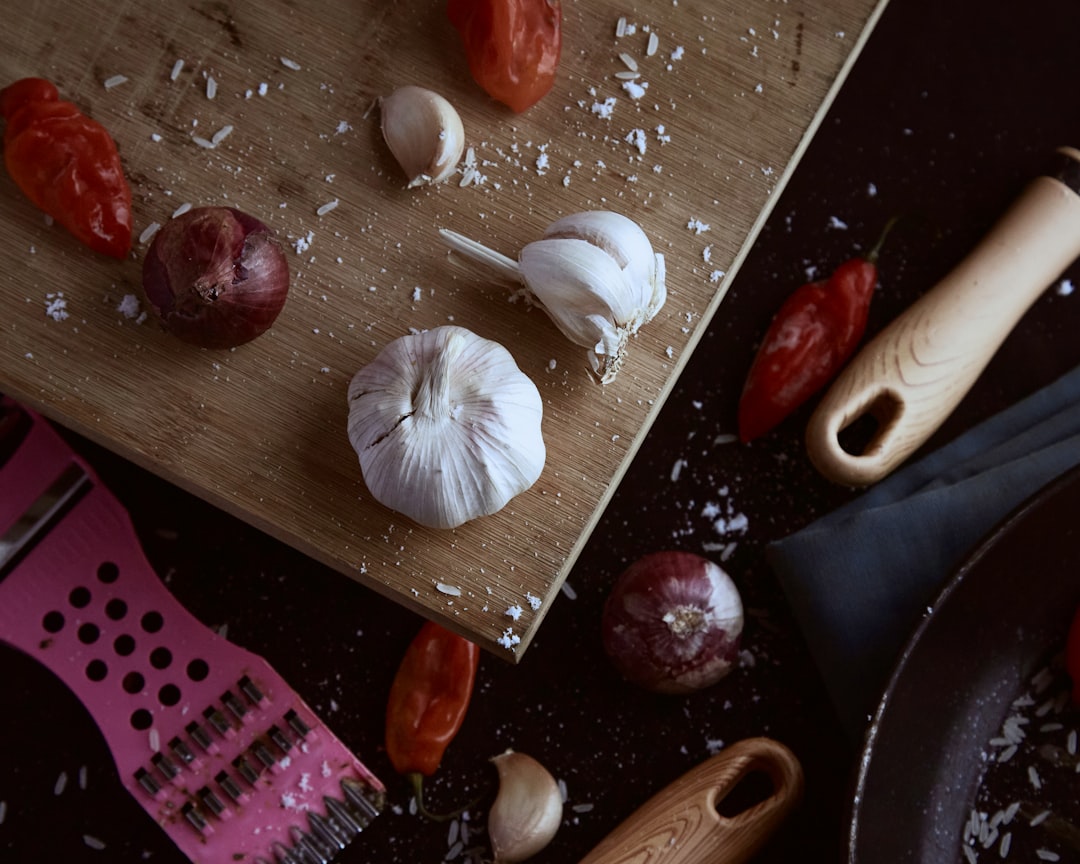Unveiling the Mystique of Orange Wine

In the ever - evolving world of beverages, orange wine has emerged as a captivating and somewhat mysterious choice. It's far from being just another mimosa ingredient; rather, it has a rich history that spans thousands of years. While it might not be as well - known as its red or white counterparts, the popularity of orange wine is on the rise, thanks to wider distribution and the growing adventurous spirit of drinkers.
So, what exactly is orange wine? Orange wine is not made from oranges. It is a type of wine that undergoes a unique winemaking process. Unlike white wines, where the grape skins are typically removed soon after pressing, orange wines are made by leaving the grape skins in contact with the juice for an extended period. This process, known as maceration, imparts the characteristic orange - hued color to the wine, along with a complex flavor profile that combines elements of both white and red wines.
The history of orange wine is deeply rooted in ancient winemaking traditions. It is believed to have originated in regions like Georgia, where winemaking techniques have been passed down through generations. For centuries, winemakers in these areas have used large, egg - shaped clay vessels called qvevri to ferment and age their wines. The use of these traditional vessels, combined with the extended skin contact, gives orange wines their distinctiveness.
As the distribution of orange wine has widened, more people are getting the chance to experience its unique taste. It has started to gain a following among wine enthusiasts who are looking for something different from the mainstream options. The growing interest in natural and organic wines has also contributed to the rise of orange wine, as many producers focus on using sustainable and traditional methods in their winemaking.
Now, let's talk about how to serve orange wine. First, the temperature is crucial. Orange wine is best served slightly chilled, around 50 - 55°F (10 - 13°C). This temperature range allows the flavors and aromas of the wine to shine through without being overpowered. You can use a wine cooler or simply place the bottle in the refrigerator for an hour or two before serving.
When it comes to glassware, a medium - sized white wine glass is a great choice. The shape of the glass helps to concentrate the aromas of the wine, allowing you to fully appreciate its complex bouquet. Hold the glass by the stem to avoid warming the wine with your hands.
One of the most exciting aspects of orange wine is its versatility when it comes to food pairings. The complex flavor profile of orange wine makes it suitable for a wide range of dishes. For starters, it pairs beautifully with fresh seafood. The acidity of the wine cuts through the richness of fish and shellfish, enhancing the flavors of the dish. Try serving orange wine with grilled shrimp, oysters on the half - shell, or a light fish ceviche.
It also goes well with vegetarian dishes. The nutty and earthy notes in orange wine complement the flavors of mushrooms, artichokes, and roasted vegetables. A plate of grilled portobello mushrooms or a roasted cauliflower dish would be a great match. For cheese lovers, orange wine pairs nicely with soft and semi - soft cheeses like goat cheese and brie. The wine's acidity helps to balance the creaminess of the cheese.
When it comes to main courses, orange wine can hold its own with heartier dishes. It pairs well with poultry, such as roasted chicken or turkey. The wine's complex flavors can stand up to the flavors of the meat, creating a harmonious combination. You can also try pairing it with pork dishes, like a slow - roasted pork shoulder or a pork chop with a fruit - based sauce.
In conclusion, orange wine is a fascinating and delicious option for those looking to expand their wine horizons. Its long history, unique winemaking process, and versatile food pairings make it a worthy addition to any wine collection. So, the next time you're at a wine store or a restaurant, don't be afraid to give orange wine a try. Sip wisely, and you'll be able to impress your friends with your knowledge of this emerging wine trend.